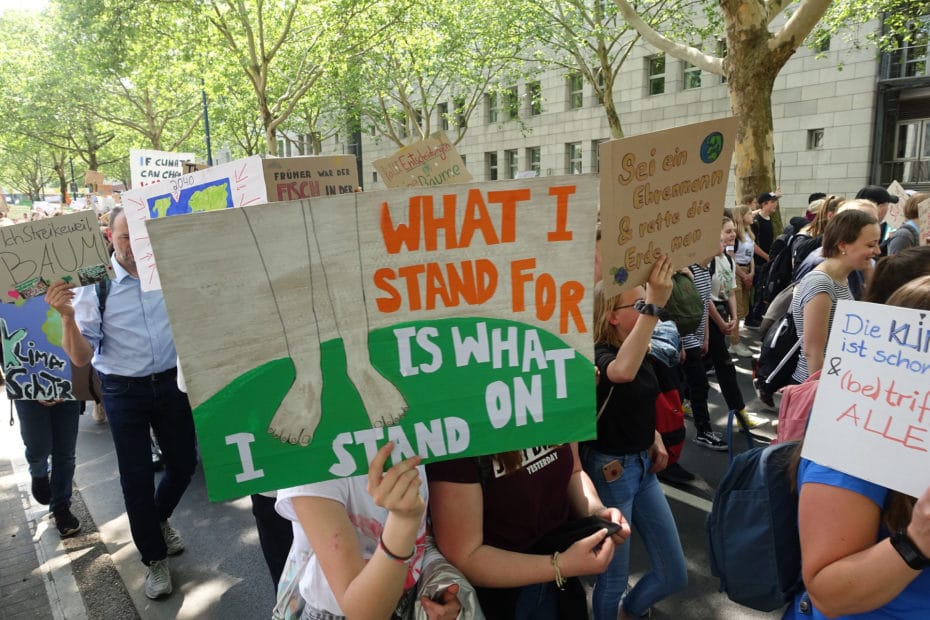A climate agenda for the Biden-Harris administration

President-elect Joseph Biden Jr. has made climate change a top priority in his campaign and transition. Woodwell Climate Research Center suggests five priorities for the incoming Biden-Harris administration to advance ambitious and science-backed climate action, starting on day one.
- Rejoin the Paris Agreement and restore U.S. leadership on climate.
As one of the largest emitters, the United States has an obligation and opportunity to be a global leader on climate action by committing to aggressive emissions reductions and by supporting developing countries in their efforts to both mitigate and adapt to climate change. - Restore rigor and credibility to federal climate science.
The Biden-Harris Administration should install qualified scientists who appreciate the scale and severity of the climate crisis in leadership roles at the Office of Science and Technology Policy, the Global Change Research Program, and the National Climate Assessment. The Administration should also reinvigorate science advisory groups and ensure that key administrative and advisory positions within federal agencies, including EPA, NASA, NOAA, and USDA, are filled by appropriately qualified experts. - Set Ambitious Emissions Reduction Goals Based on Best Science.
Recent developments in climate science suggest that today’s top-line climate policy goal—limiting global warming to 1.5 or 2ºC—may not be strict enough to avoid catastrophic climate outcomes, including extreme weather, massive sea level rise and uncontrollable warming due to natural climate feedback loops. Greenhouse gas emissions from thawing permafrost threaten the success of emissions reduction measures and must be a core consideration in setting policy targets, nationally and internationally. The Biden-Harris Administration can take the lead on this during international negotiations by making it clear that U.S. emissions reduction goals will take into account permafrost thaw emissions. - Prioritize scientifically sound natural climate solutions.
Forests and soils already absorb roughly a third of global greenhouse gas emissions, and recent science indicates that natural climate solutions could provide a significant fraction of the emissions reductions needed to meet the goals of the Paris Agreement. The Biden-Harris Administration can support scientifically robust natural climate solutions while removing federal government support or forest policies that incentivize rapid-turnover planting and harvesting or burning of wood for energy. - Integrate climate change into all areas of federal policy.
Climate change affects every person and every facet of life, from food and housing to health and transportation. Thus, understanding of climate risks, mitigation options, and resiliency strategies can and must be brought to bear on all aspects of federal policy-making, not just dedicated climate policy. Climate change should be a core element in addressing national security, immigration, healthcare, infrastructure, housing finance and insurance, and agriculture. Last, but not least, COVID-19 stimulus should be structured to propel us toward resilient infrastructure and a low-carbon economy.







